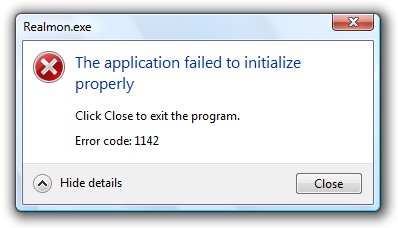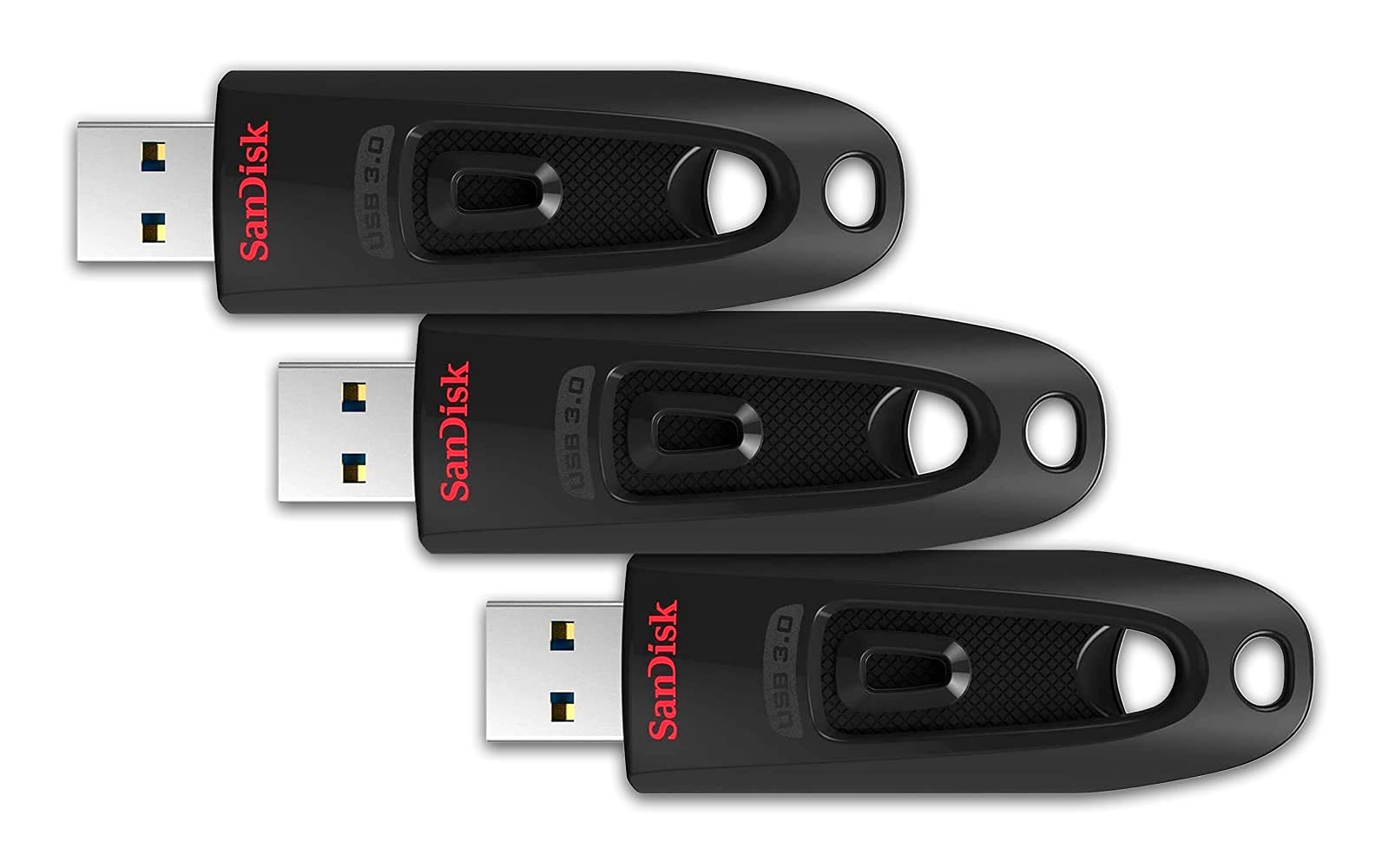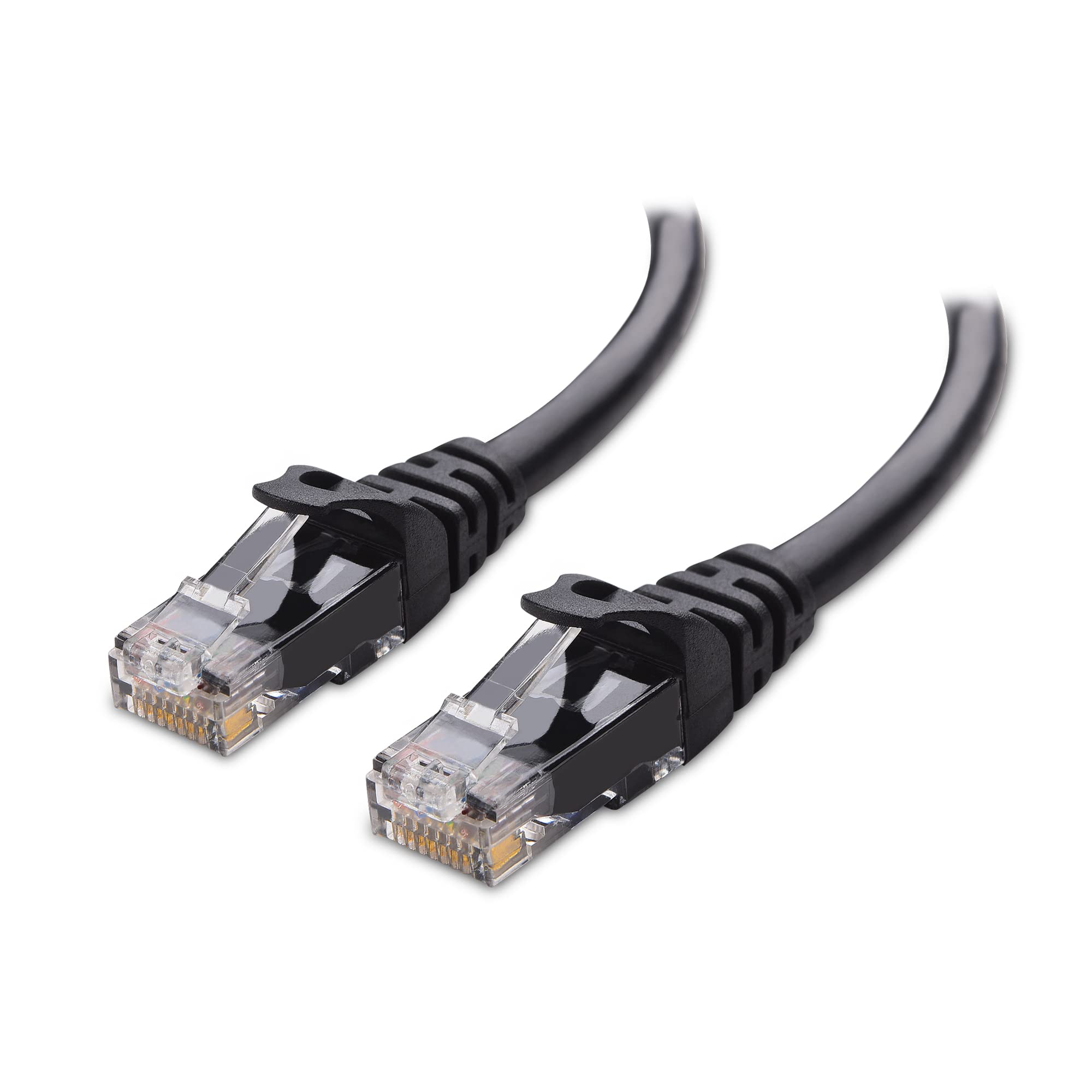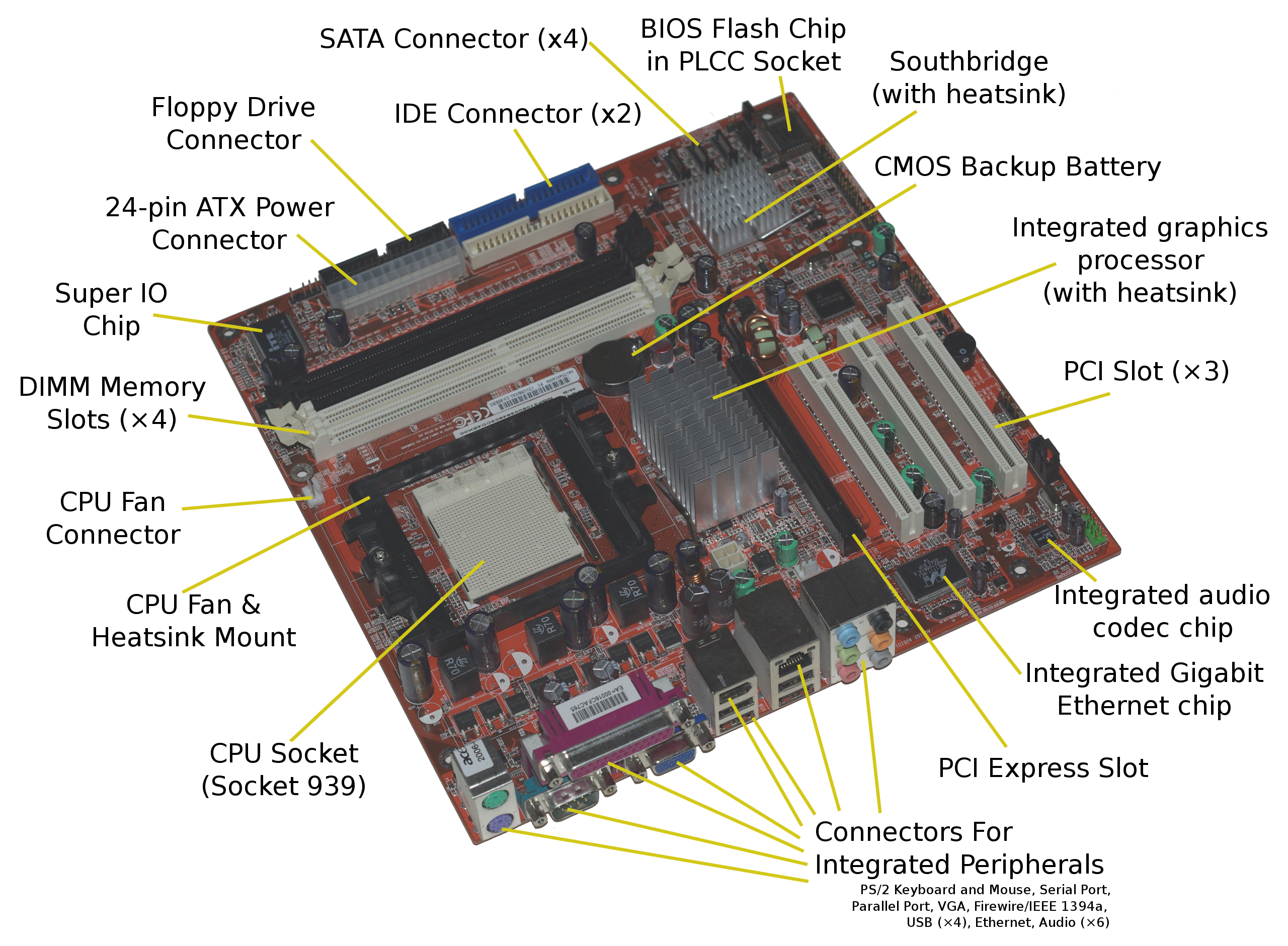Dealing with an external hard drive that keeps restarting can be frustrating. In this article, I will discuss some potential solutions to this issue.
Causes of External Hard Drive Disconnecting
One potential cause of the external hard drive disconnecting is a loose or faulty USB connection. Make sure the USB cable is securely plugged into both the hard drive and your computer or laptop.
If the hard disk drive is failing, it may cause the external drive to disconnect. You can check for signs of failure by listening for strange noises coming from the drive or running diagnostic tests to check for bad sectors.
Power supply issues can also lead to the external hard drive disconnecting. Make sure the power supply is working properly and providing enough power to the drive.
Additionally, issues with the operating system, device drivers, or firmware can also cause the external hard drive to disconnect.
By troubleshooting these potential causes, you can work towards finding a solution for your external hard drive disconnecting issues.
Solutions for External Hard Drive Connection Issues
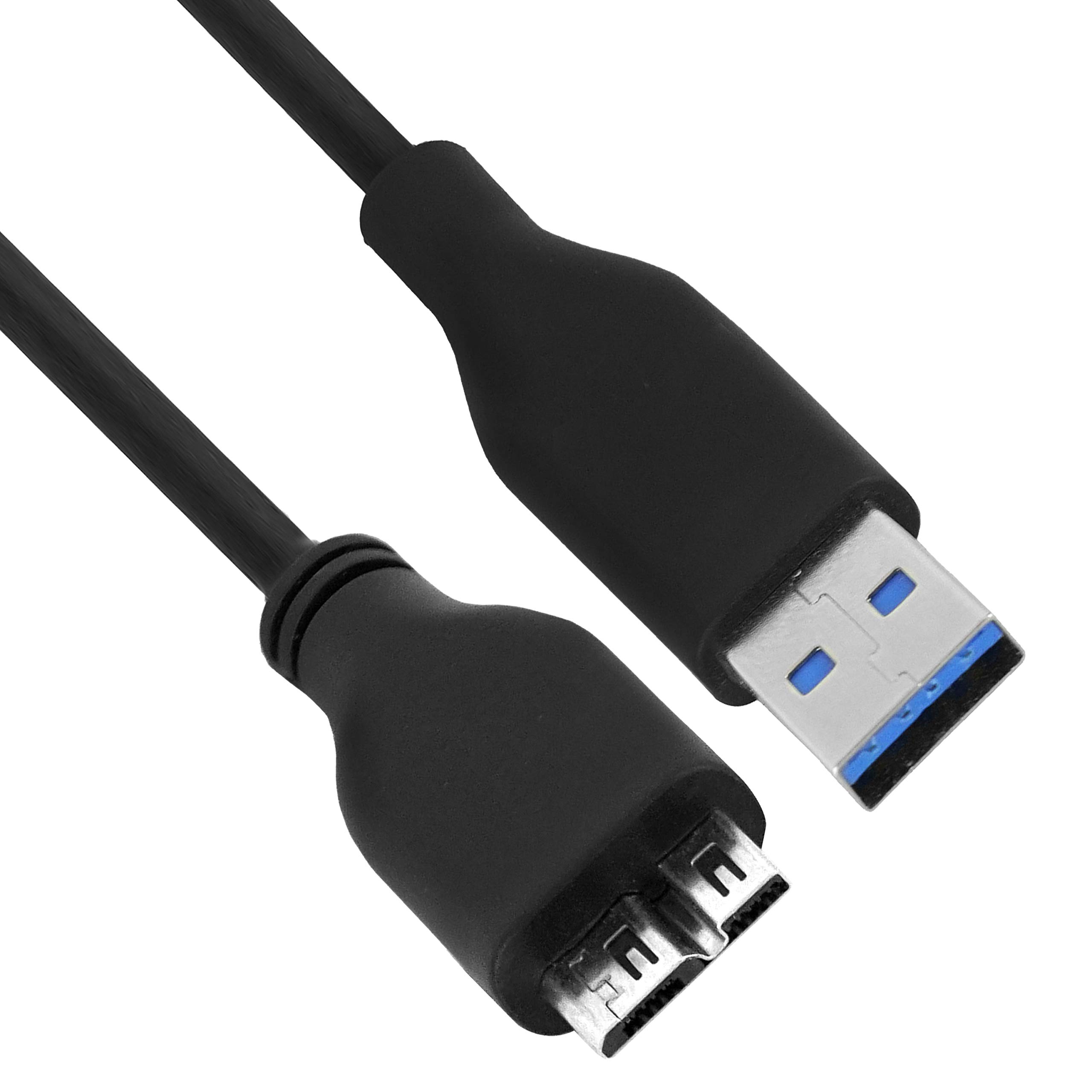
If your external hard drive keeps restarting, there are a few solutions you can try to resolve the issue. First, make sure to check the USB connection and cable for any damage or loose connections. Try using a different USB port on your computer to see if the issue persists. Additionally, if you are using a USB hub, try connecting the external hard drive directly to your computer to rule out any issues with the hub.
If your external hard drive is USB 3.0 compatible, make sure that you are using a USB 3.0 port on your computer to ensure compatibility and prevent any potential connection issues. It may also be helpful to update the device driver for your external hard drive to the latest version to address any compatibility issues with your operating system.
If you are still experiencing connection issues, you can try accessing the BIOS on your computer to check if the external hard drive is being recognized. Additionally, try connecting the external hard drive to a different computer to see if the issue is specific to your system or if it is a problem with the hard drive itself.
Troubleshooting Steps for Hard Drive Disconnecting
- Ensure the USB cable is securely connected to the computer and the external hard drive.
- If using a USB hub, try connecting the hard drive directly to the computer to rule out any issues with the hub.
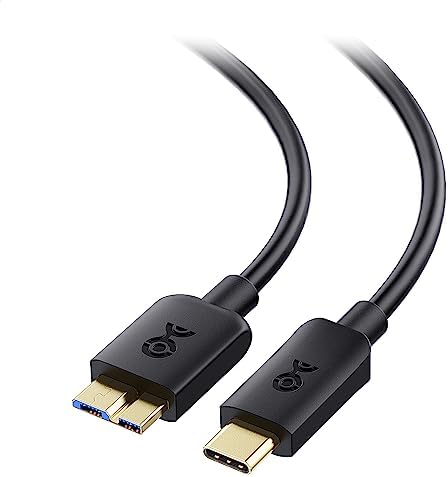
- Try using a different USB port on the computer to see if the problem persists.
Update USB Drivers
- Open Device Manager by pressing Windows Key + X and selecting Device Manager.
- Expand the Universal Serial Bus controllers section.
- Right-click on each USB controller and select Update driver to check for any available updates.
Check for Power Management Settings
- Open Device Manager by pressing Windows Key + X and selecting Device Manager.
- Expand the Universal Serial Bus controllers section.
- Right-click on each USB controller and select Properties.
- Go to the Power Management tab and uncheck the option that allows the computer to turn off the device to save power.
python
import subprocess
def check_disk_health(drive_letter):
result = subprocess.run(['chkdsk', drive_letter, '/f'], capture_output=True, text=True)
return result.stdout
def check_disk_space(drive_letter):
result = subprocess.run(['wmic', 'logicaldisk', 'where', f'deviceid="{drive_letter}"', 'get', 'freespace'], capture_output=True, text=True)
return result.stdout
def check_disk_temperature(drive_letter):
# Code to check disk temperature using SMART tools
def main():
drive_letter = 'E' # Replace with the drive letter of your external hard drive
disk_health = check_disk_health(drive_letter)
disk_space = check_disk_space(drive_letter)
disk_temperature = check_disk_temperature(drive_letter)
print(f"Disk Health: {disk_health}")
print(f"Disk Space: {disk_space}")
print(f"Disk Temperature: {disk_temperature}")
if __name__ == "__main__":
main()
This sample code uses Python and subprocess to run command-line tools such as chkdsk and wmic to check the health, space, and temperature of an external hard drive. You can modify and expand upon this code to create a more comprehensive troubleshooting tool for external hard drives.
Data Recovery for Faulty External Hard Drives
If the data recovery software doesn’t do the trick, consider seeking professional help. A data recovery service can often restore files from faulty external hard drives, even in cases of physical damage to the device. Look for a reputable company with experience in handling external hard drive failures.
In some cases, you may need to use a disk enclosure to access the data on your faulty external hard drive. This device allows you to connect the drive to another computer, giving you the opportunity to retrieve your files before attempting any repairs.



